Promoted by IPS_Innovative Prison Systems as part of the European VR4React initiative, a national-wide event that took place in Alcoente, Portugal, brought together close to 40 participants from various prisons, academics in corrections, and NGOs across the country to explore rehabilitation programmes for incarcerated individuals, professional development for staff and the use of virtual reality tools in correctional settings to reduce reactive aggression.
Held in a collaborative and dynamic environment, a central highlight of the event “Before It Escalates: Reactivity in Prison Contexts” – as part of the IPS-partnered initiative VR4React – was the demonstration of an innovative Virtual Reality (VR) tool designed to support de-escalation strategies and promote pro-social behaviours among incarcerated individuals, developed as part of the VR4React project. Attendees were invited to experience the VR tool firsthand, witnessing how immersive simulation can aid in emotional regulation and staff training. In addition, a panel composed of professionals who had implemented the VR training in Portuguese prisons shared powerful testimonials about their experiences, and presenting initial results.
Throughout the day, attendees participated in roundtable discussions and thematic presentations focused on professional development for prison staff and the rehabilitation of incarcerated individuals. By bringing together insights from different sectors, such as the justice system, prison staff, NGOs, and academia, these sessions contributed to thorough discussions.
Featuring a panel of specialists, the discussions offered a critical examination of the current state and future potential rehabilitation programmes within the prison system and provided insights into the training needs and development pathways for correctional staff, acknowledging the emotional and operational challenges of working in high-stress environments.
The thematic presentations explored various dimensions of competency development and reactivity within prison settings, including the importance of personal development for incarcerated individuals, the role of rehabilitation in their growth, and strategies for understanding and managing reactive behaviours.



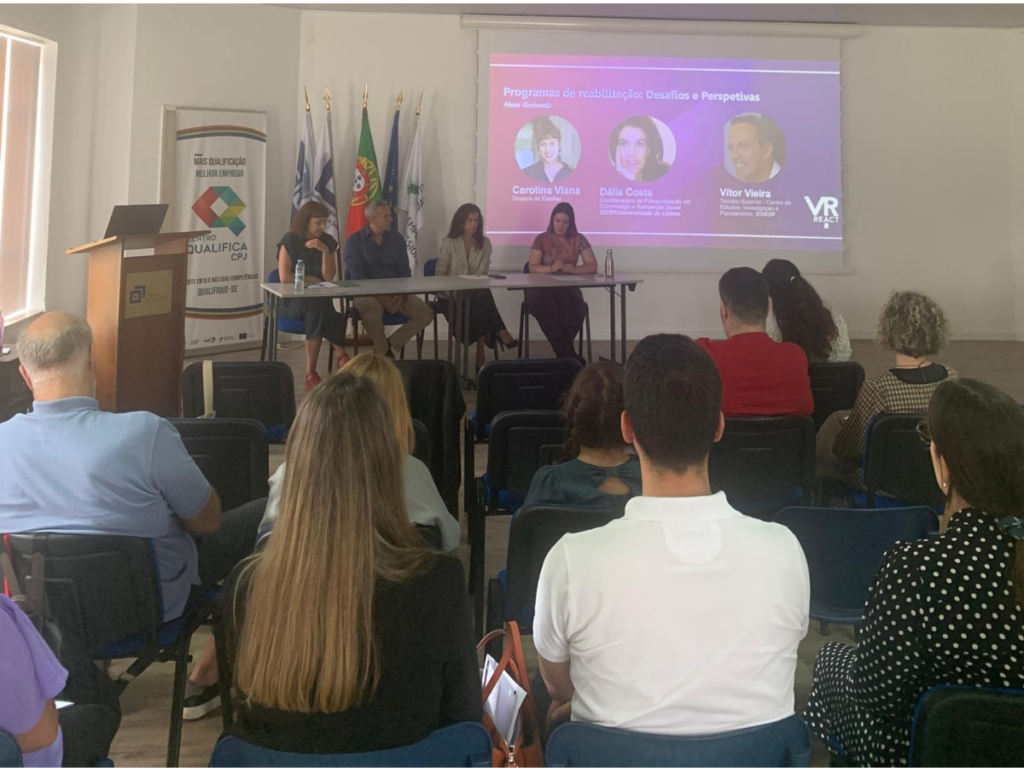
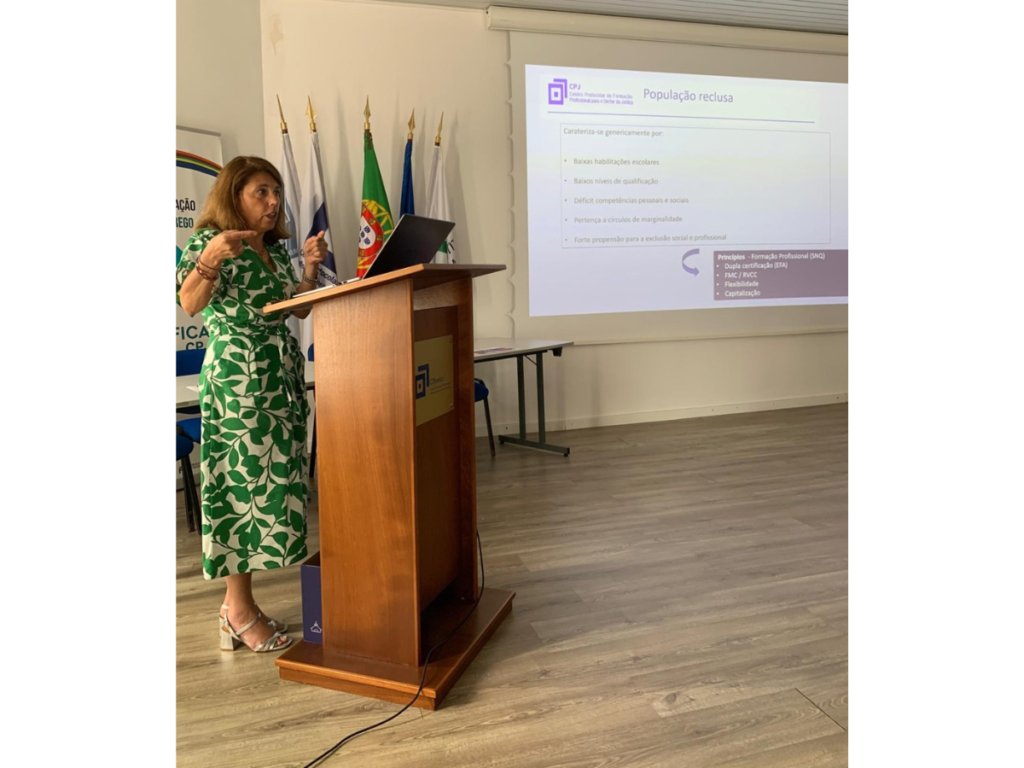
About the VR4React project - Reducing reactive aggression through VR
This event was part of the IPS-partnered initiative VR4React, which aims to address reactive aggression among incarcerated individuals through direct engagement with prison population and prison staff. Although incidents of aggression and conflict in prison settings often go unreported, research consistently highlights a strong link between environmental factors and elevated levels of misconduct, reactive aggression, disciplinary infractions, and violence.
These behaviours are frequently triggered by perceived threats, provocation, frustration, heightened emotional states such as anger, and impulsive reactions. As such, the initiative seeks to help reduce reactive aggressive behaviour by promoting the development of pro-social and adaptive responses among incarcerated individuals.
The event was successful in advancing the project’s objectives, serving as a platform for the exchange of practical insights, the formation of new connections among participants, and a deeper understanding of how innovation, training, and empathy can contribute to safer and more rehabilitative correctional environments.
Learn more about this project

VR4React
Reducing Reactive Aggression through Virtual Reality
The VR4React partnership is led by the University Rey Juan Carlos (Spain), and is partnered by organisations from Portugal (IPS_Innovative Prison Systems), North Macedonia (Faculty of Security, University of Bitola), Greece (KMOP – Education and Innovation Hub), the Republic of Moldova (National Administration of Penitentiaries), Romania (Baia Mare Penitentiary), Poland (Polish Platform for Homeland Security), and Turkey (Ankara Probation Directorate).
More Rehabilitation, Reintegration and Community Projects

VR4DRUG Rehab
Developing and Using Virtual Reality Technology for the Rehabilitation of Drug Users in Probation Services
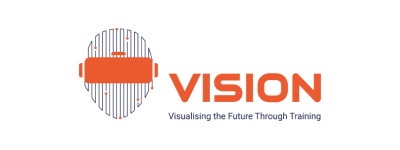
VISION
Visualising the Future Through Training

ViRTI
Virtual reality for training inmates

Turning Blue
Integrating Young Offenders Through the Blue Economy

TRIANGLE
Secured digital education system for vocational skills for youngsters in closed institutions

TRAIVR
Training of Refugee Offenders by Virtual Reality
Related news
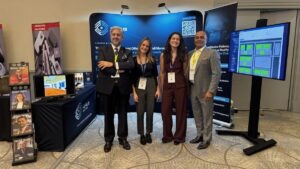
Shaping the future of rehabilitation with immersive tools and smart systems at ICPA 2025
Read More »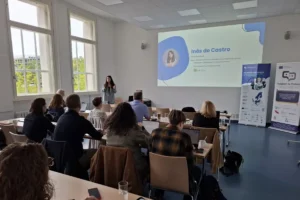
IPS showcases virtual reality solutions for skills development and stress management at Berlin workshop
Read More »
JUSTICE TRENDS Magazine Launches 14th Edition: Expanding the Frontiers of Rehabilitation Support
Read More »


